Connect with us
News

‘Magnetic graphene’ switches between insulator and conductor
Researchers have found that certain ultra-thin magnetic materials can switch from insulator to conductor under high pressure, a phenomenon that could be used in the development of next-generation electronics and memory storage devices.
1 February 2019
News
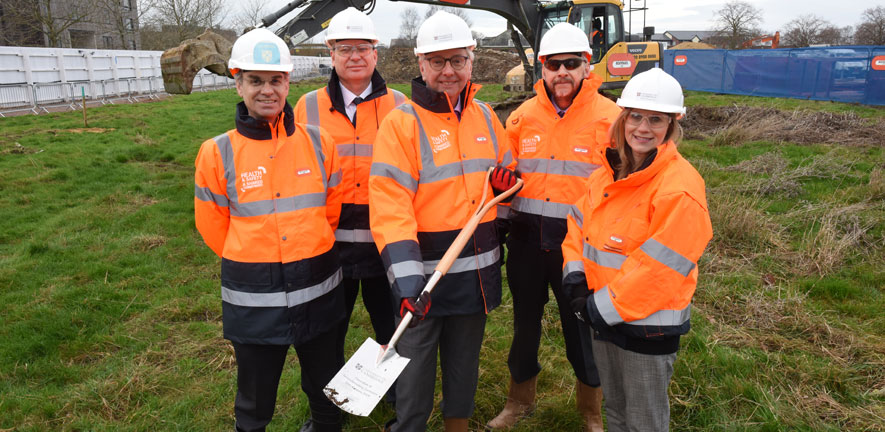
Work begins on new home for Cavendish Laboratory
Work on the University of Cambridge’s £300m Cavendish Laboratory redevelopment has been marked with a ground-breaking ceremony attended by the Vice-Chancellor Professor Stephen Toope.
24 January 2019
News
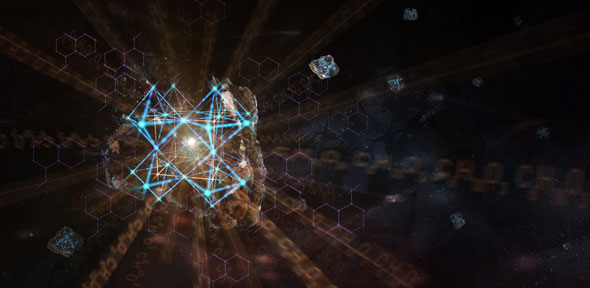
New efficiency record set for perovskite LEDs
Researchers have set a new efficiency record for LEDs based on perovskite semiconductors, rivalling that of the best organic LEDs (OLEDs).
5 November 2018
News

Cambridge partners in new €1 billion European Quantum Flagship
The University of Cambridge is a partner in the €1 billion Quantum Flagship, an EU-funded initiative to develop quantum technologies across Europe.
29 October 2018
News
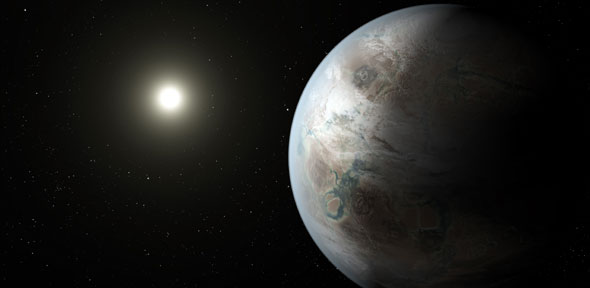
Scientists identify exoplanets where life could develop as it did on Earth
Scientists have identified a group of planets outside our solar system where the same chemical conditions that may have led to life on Earth exist.
1 August 2018
News
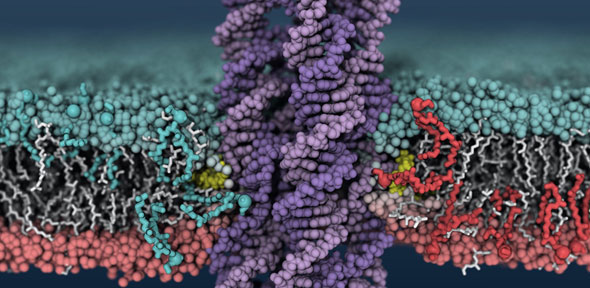
DNA enzyme shuffles cell membranes a thousand times faster than its natural counterpart
A new synthetic enzyme, crafted from DNA rather than protein, ‘flips’ lipid molecules within the cell membrane, triggering a signal pathway that could be harnessed to induce cell death in cancer cells.
21 June 2018
News

Plastic crystals hold key to record-breaking energy transport
Scientists from the Universities of Cambridge and Bristol have found a way to create plastic semiconductor nanostructures that absorb light and transport its energy 20 times further than has been previously observed, paving the way for more flexible and more efficient solar cells and photodetectors.
24 May 2018
News
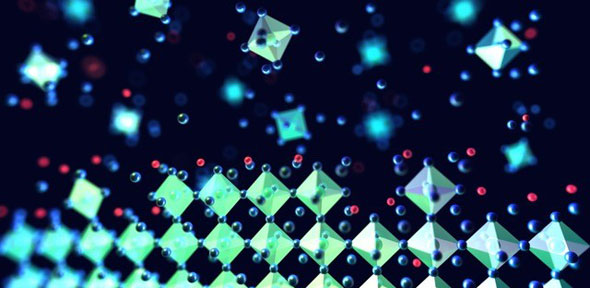
Potassium gives perovskite-based solar cells an efficiency boost
A simple potassium solution could boost the efficiency of next-generation solar cells, by enabling them to convert more sunlight into electricity.
21 March 2018